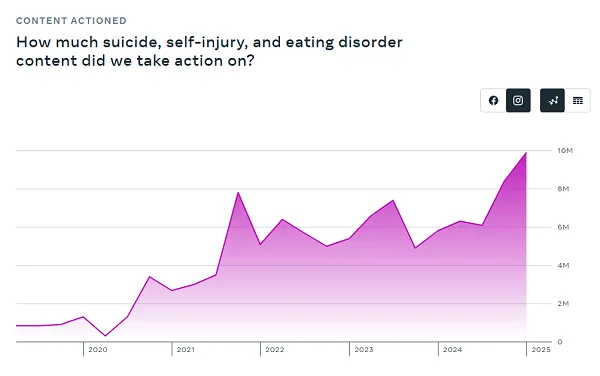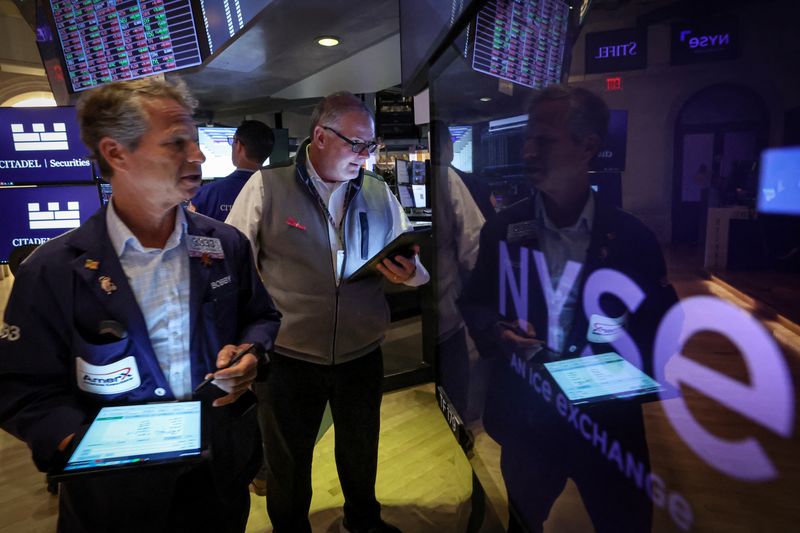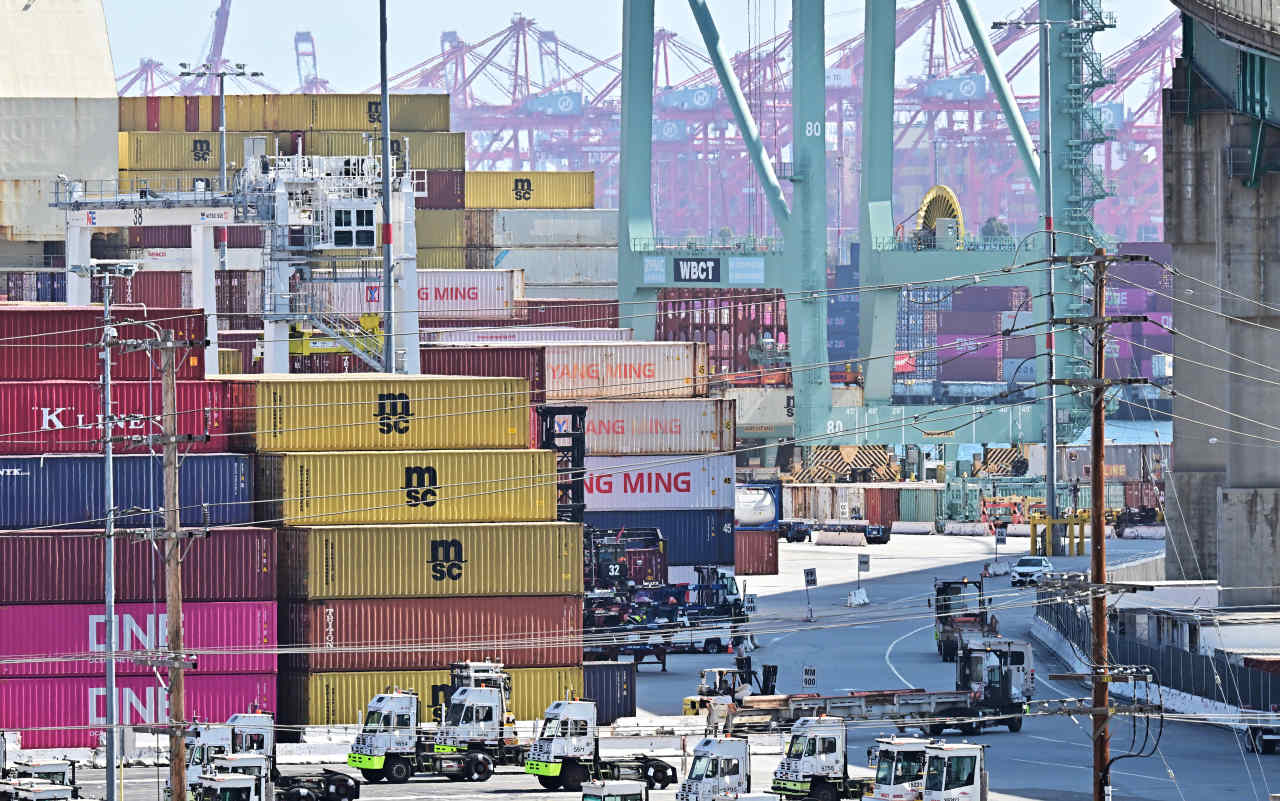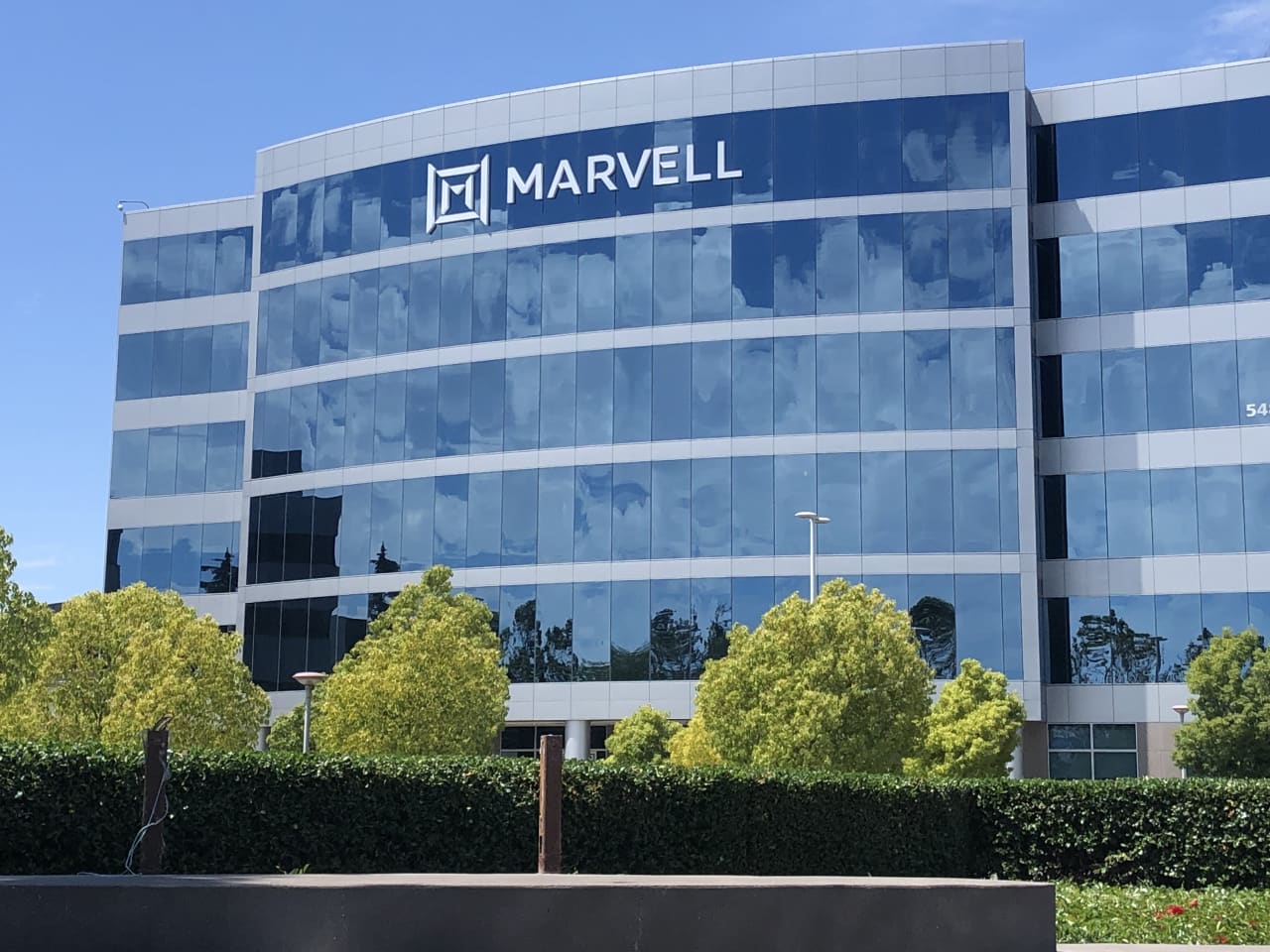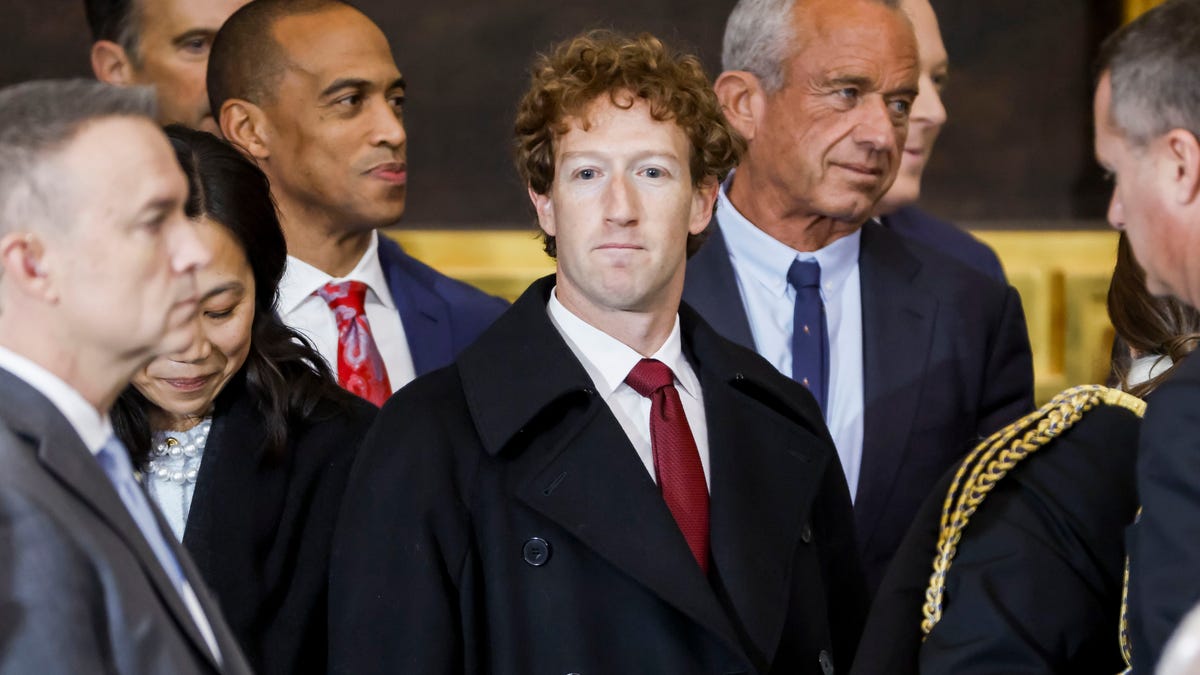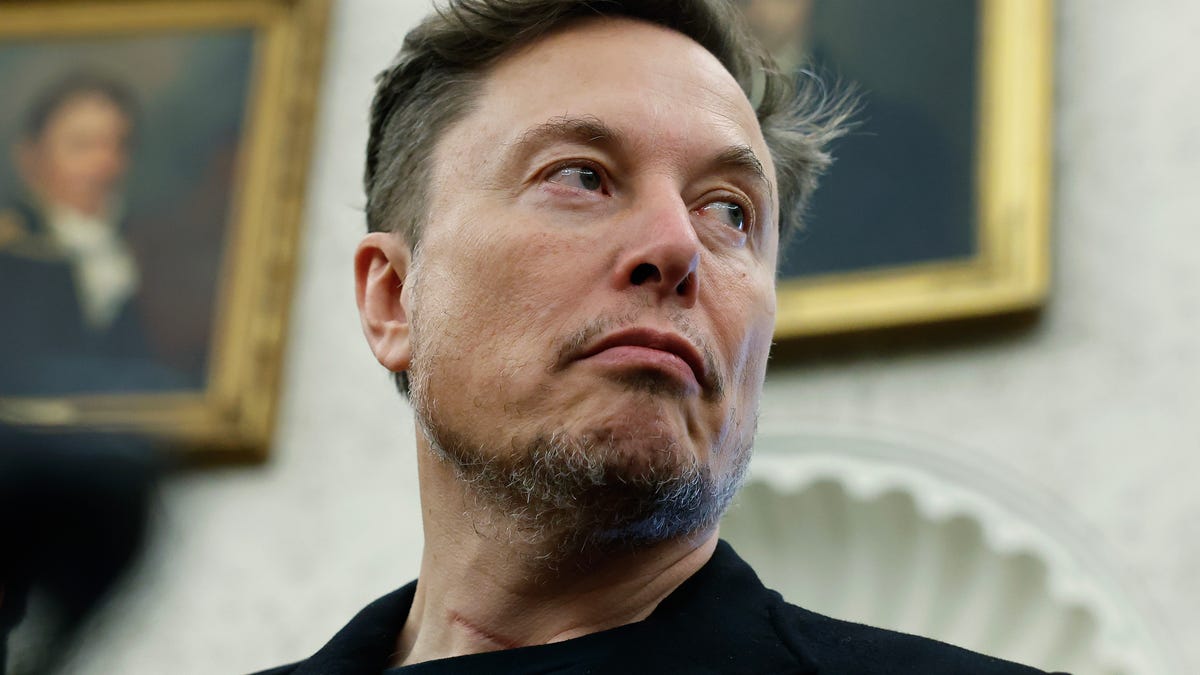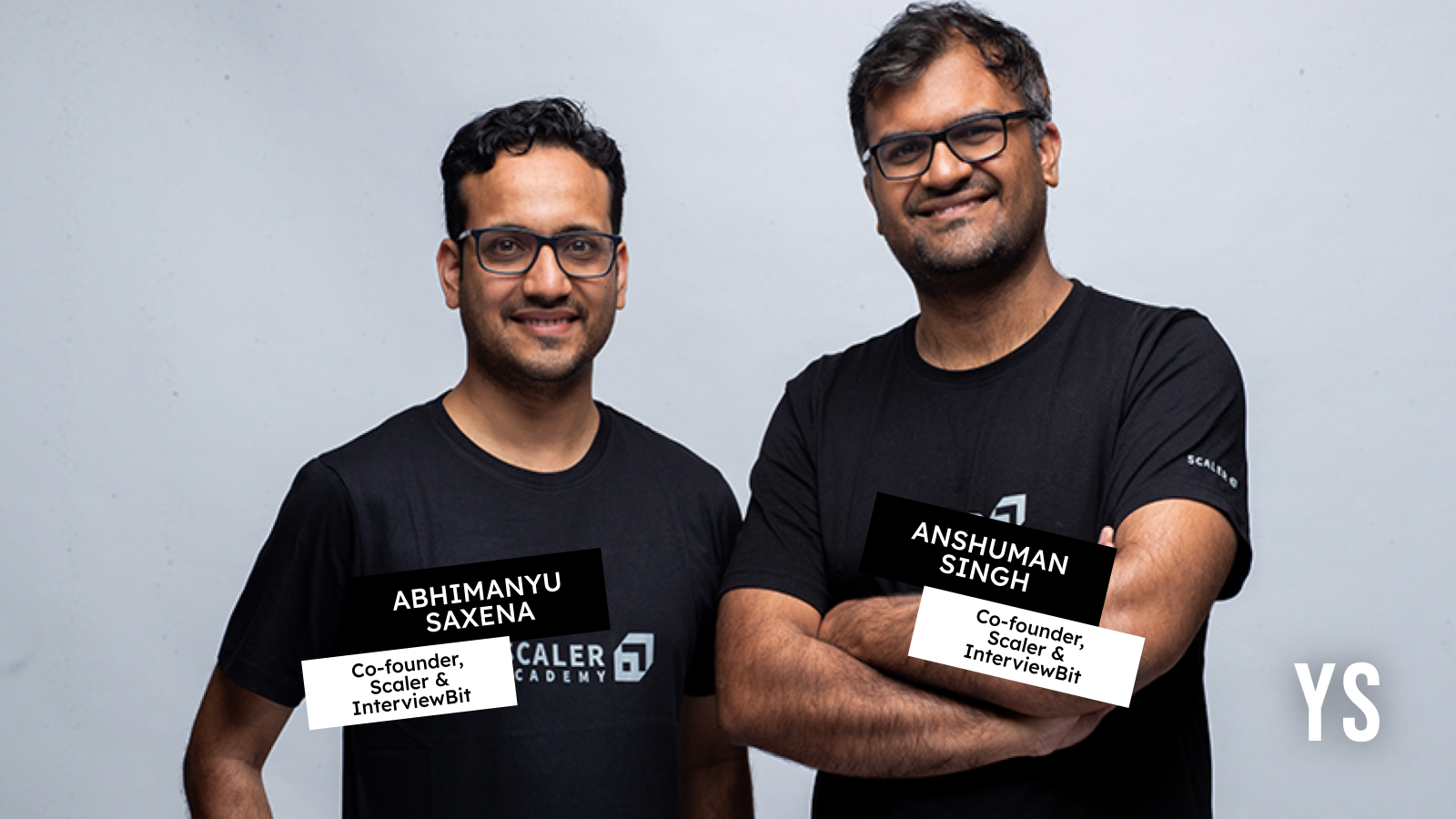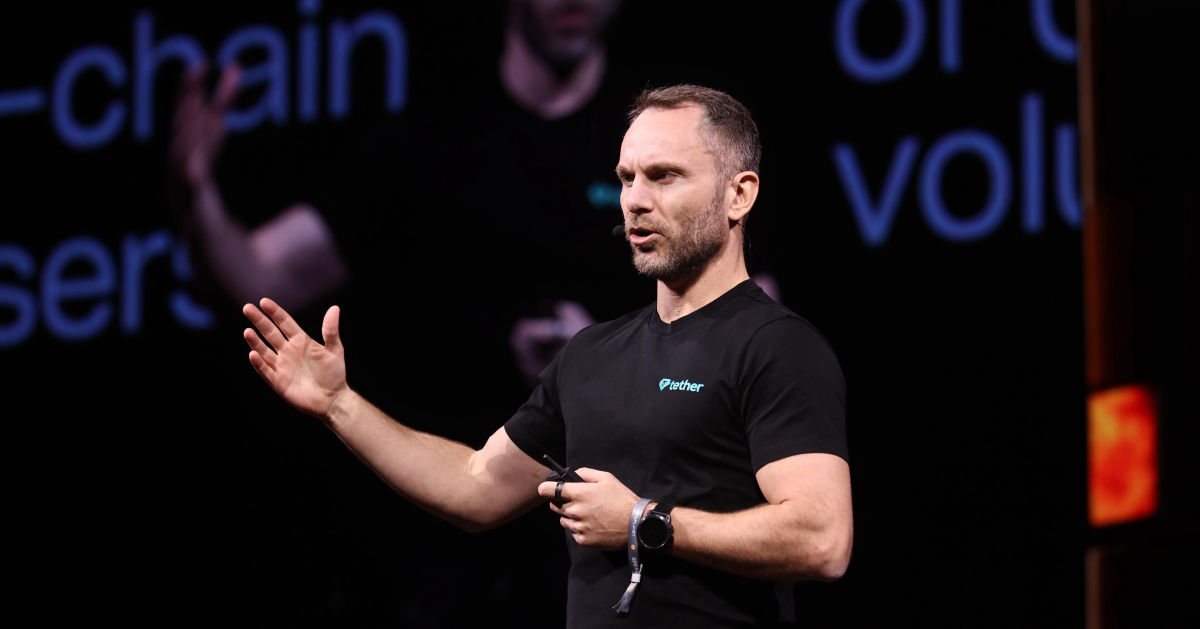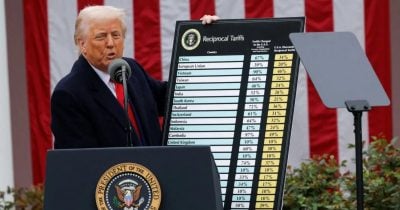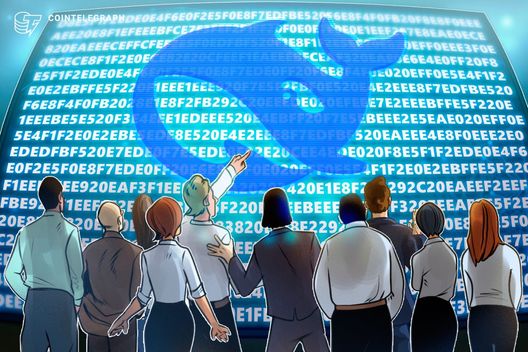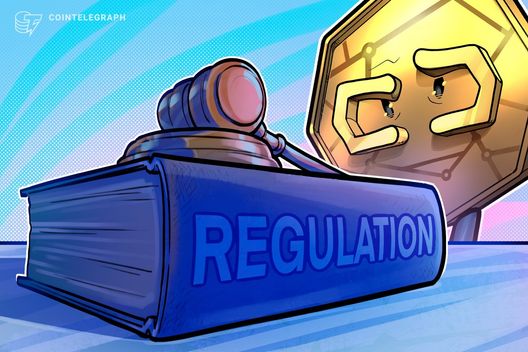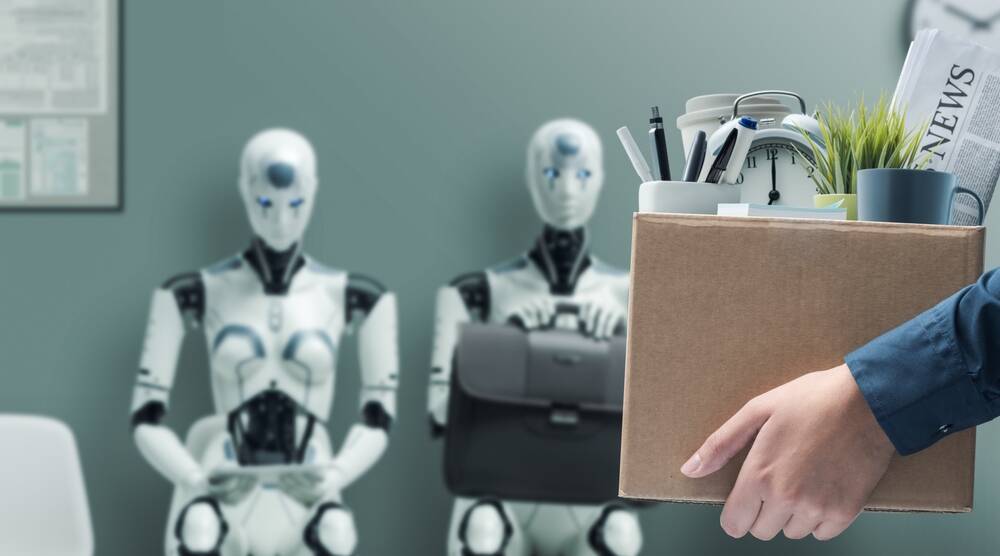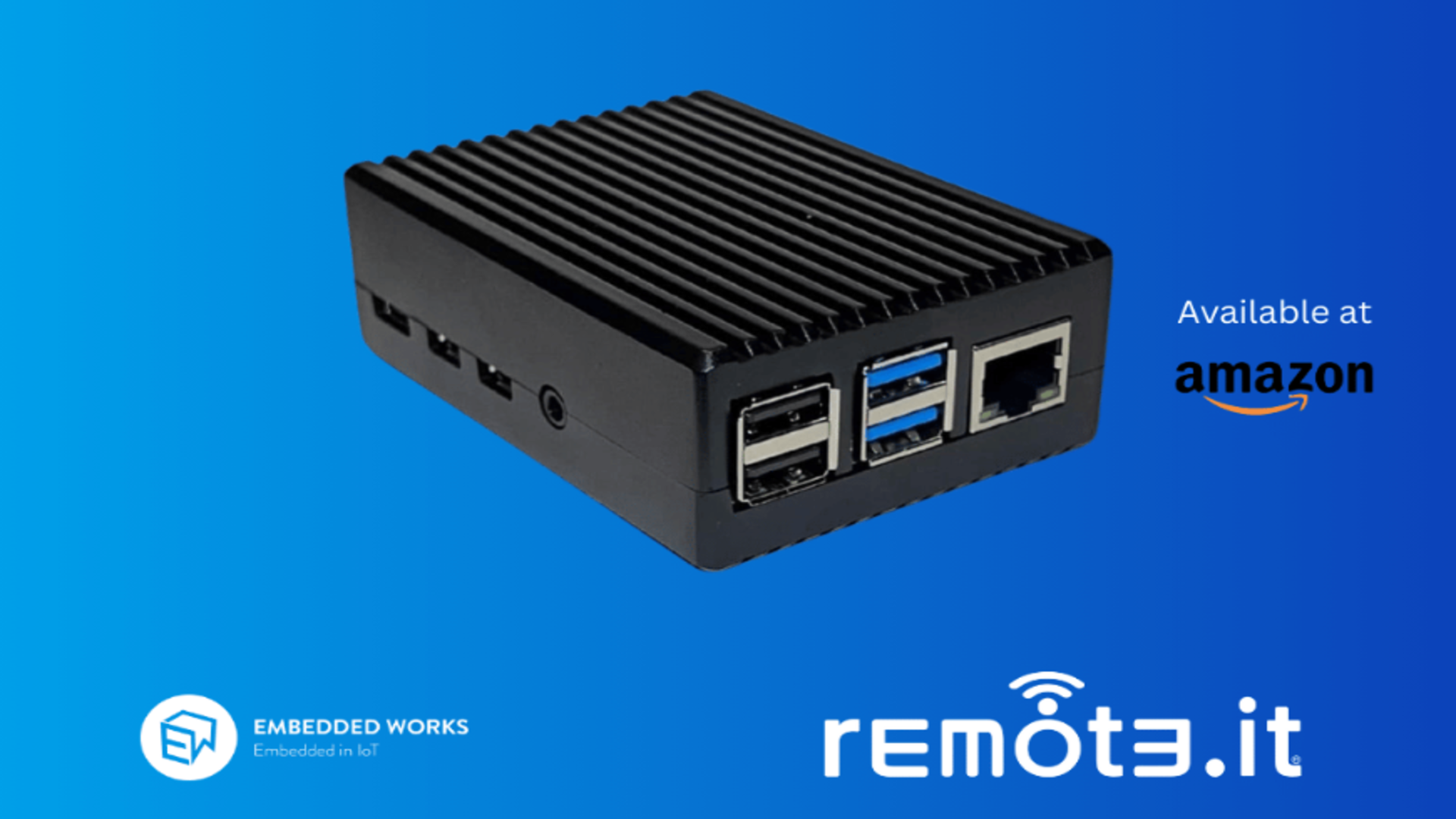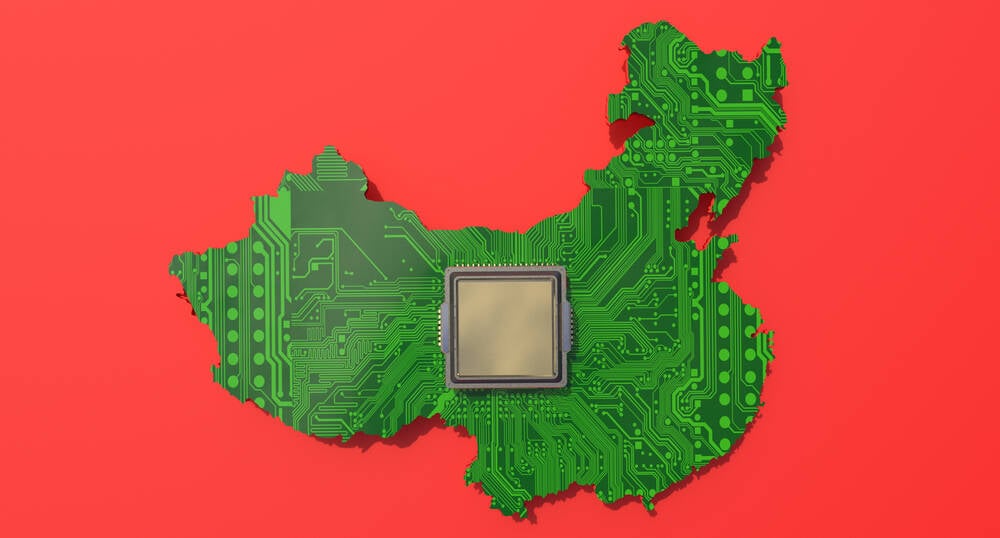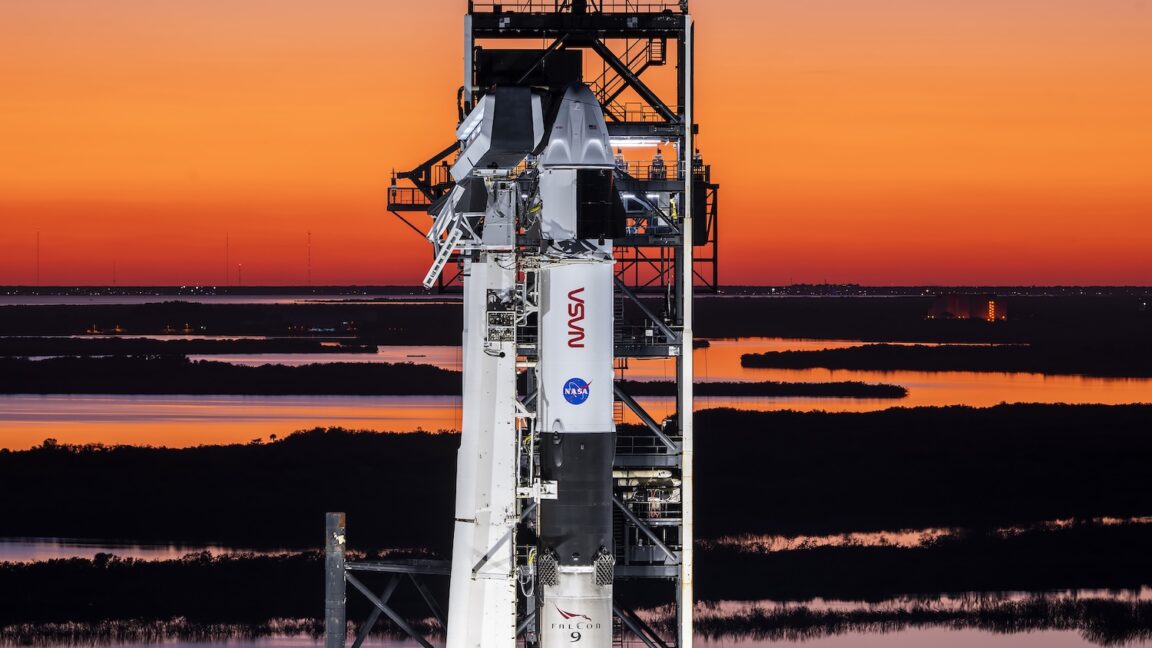Can one agency reboot Washington state? Commerce chief brings tech to the task
With Washington state facing a $16 billion budget shortfall, and tech leaders sounding the alarm over new taxes and economic competitiveness, Department of Commerce Director Joe Nguyen says he’s committed to a hard reset. In an interview Tuesday at his downtown Seattle office, nearly six months into his job leading the state’s primary economic development agency, the tech veteran and former state senator said the real obstacle to progress isn’t tech, or funding, but outdated systems and resistance to change. “The problem is bureaucracy,” Nguyen said, contrasting the government’s sluggish pace with the old tech startup mantra of “move fast… Read More


With Washington state facing a $16 billion budget shortfall, and tech leaders sounding the alarm over new taxes and economic competitiveness, Department of Commerce Director Joe Nguyen says he’s committed to a hard reset.
In an interview Tuesday at his downtown Seattle office, nearly six months into his job leading the state’s primary economic development agency, the tech veteran and former state senator said the real obstacle to progress isn’t tech, or funding, but outdated systems and resistance to change.
“The problem is bureaucracy,” Nguyen said, contrasting the government’s sluggish pace with the old tech startup mantra of “move fast and break things.” In government, he said, “you move slow and you don’t do anything.”
His approach: move fast and build smarter.
To illustrate his point, the former Microsoft senior program manager turned to his computer and launched into a live demo of a custom GPT, an AI assistant he made in a weekend using OpenAI technology. It streamlines the department’s contract compliance process, compressing days of staff work into minutes.
The demo reflected Nguyen’s broader ambition: use the Commerce Department as a proving ground for modernizing state government.
“My goal isn’t just to make Commerce more effective, more efficient,” he explained. “My goal is to make all of [state] government more effective and efficient.” It’s a directive that he says came directly from Gov. Bob Ferguson.
By delivering visible results within his own department, particularly with AI and project management tools, Nguyen said he hopes to demonstrate the value of innovation and set an example for other state agencies to follow.
“Commerce, to me, is an incubator,” Nguyen explained. His measure of success: “When other people start copying us.”
His data engineering experience at Microsoft, including work on GDPR compliance, informs his perspective.
Commerce oversees $8 billion across 485 programs, with about 850 employees, working in areas ranging from clean energy deployment to affordable housing initiatives. But Nguyen said he wants the department to go beyond merely managing programs to create meaningful outcomes.
“Really,” he said, “the goal of Commerce should be to build.”
But he faces no shortage of challenges.
Budget realities reshape economic strategy
The interview Tuesday came a week after Ferguson signed a controversial budget package to address the state’s financial shortfall, raising taxes on businesses and high earners while reducing funding for a wide variety of state programs, including economic development.
Among the casualties: the Department of Commerce’s sector lead program, which connects industry leaders with state officials to support growth in aerospace, life sciences, and technology.
Several employees in those sector lead roles were told last week their positions would likely end as the program is restructured following funding reductions.
Some of the people impacted will be retained in other positions, Nguyen said. Noting that the program has 55 people in all, he said the cuts also offer a chance to rethink how the state supports and connects with industry.
The state has 245 chambers of commerce plus the Department of Commerce and various industry associations, he noted. “What I don’t want is for Commerce to just be doing something that somebody else is already doing,” he said.
“It’s a chance to rebuild smarter,” he said. The core work will continue, he said, but in a more integrated way.
Tech’s political disconnect
The timing is challenging given recent warnings from tech leaders. Microsoft President Brad Smith, speaking at the Technology Alliance last week, said Washington has been underinvesting in economic development for 12 years.
“We better wake up,” Smith warned.

Nguyen, who also spoke at the event, agreed with Smith’s assessment this week.
However, he said, it will also be critical for the tech industry to create stronger connections with the state government. He contrasted tech with other sectors that have “pipelines to power” — longstanding paths for political engagement and influence.
While industries such as labor and agriculture maintain a constant presence in Olympia, the technology sector often keeps its distance. Nguyen said the tech industry has long operated under the belief that “the less you deal with politics, the better,” a mindset he sees as fundamental to the problem.
While tech companies do have lobbyists and government affairs representatives, the tech community overall has been “largely absent from these conversations,” when compared with other sectors, he said.
He cited the political refrain: “If you’re not at the table, you’re on the menu.”
Public wariness about tech’s political involvement is another factor, he said. He cited early media coverage of his state Senate career as an example, reflecting skepticism about “this tech guy going into politics,” as he put it.
“All these articles about me were, ‘Can you trust this tech guy to regulate facial recognition?’” he recalled. “And I was like, I’m literally the only person [in the Legislature] that even knows how to define racial facial recognition!”
Changing the dynamic is key, considering tech’s role in the state economy — accounting for 9.4% of all jobs and 22% of total compensation, the highest share in the country, as noted by Smith during his Tech Alliance appearance.
Energy as economic engine
While tax policy often dominates the conversation, Nguyen views energy as the backbone of future economic development, especially for high-growth areas like cloud computing and AI, where data centers are essential but power-hungry.
This isn’t about incremental policy changes, he said, but building entire systems — transmission lines, battery storage, and clean energy infrastructure — to meet growing demand. If the entire agency focused solely on building energy capacity, he said, “that would do more for technology than anything.”

The shifting political landscape in Washington, D.C., adds more complexity. Climate tech startups that have received federal support and grants now face uncertainty as funding gets clawed back.
Still, Nguyen remains optimistic, viewing federal funding challenges as a “road bump” rather than a permanent setback. Energy projects require a “10, 20, 30 year horizon,” he noted, and Washington can use this time productively by focusing on internal efficiencies like speeding permitting processes.
He pointed to fusion company Helion as a case in point. The Everett-based company, which already has a functioning reactor and a power purchase agreement, told him they were “more worried about getting their permits than they were about building the reactor.”
“That is insane,” Nguyen said.
This illustrates his broader point about bureaucratic obstacles. “There’s a ton of things that we can do in Washington state to speed this all up,” he said.
The AI workforce question
Nguyen acknowledges the potential impact of AI on jobs. But the bigger risk, he said, is a digital divide between workers who can harness AI and those who can’t.
“I think that’s what I’m most worried about,” he said. “It’s not so much that the innovation itself is going to remove the jobs.”
He sees part of the solution in workforce development, comparing AI’s disruption to previous technological shifts like computers or telephones. The goal, he said, should be ensuring workers can adapt and thrive.
Inside the Commerce Department, he envisions AI tools handling routine tasks such as invoice auditing, letting skilled employees focus on higher-value work such as program development and constituent services.
“You have a state agency with phenomenal individuals, and what do we do? Put them in a corner to look at receipts,” he said. “It’s asinine to me.”
He explained, “I’d rather free up their time so they can build the best program, so that they can talk with their constituencies, so they can figure out, how do we actually be more effective? Right now, they’re just stuck.”
From policy to practice
Nguyen’s perspective is informed by his transition from tech to state Senate and now to Commerce. As a legislator, he would pass policies and allocate funding, then hand them off to agencies “and just hope for the best.”
Now he can see firsthand why implementation often falls short. The hard part, he says, is turning those directives into tangible results. This realization has brought his current mission into focus.
“That’s the biggest thing for me,” he said. “How do we actually do the things that we talk about?”




